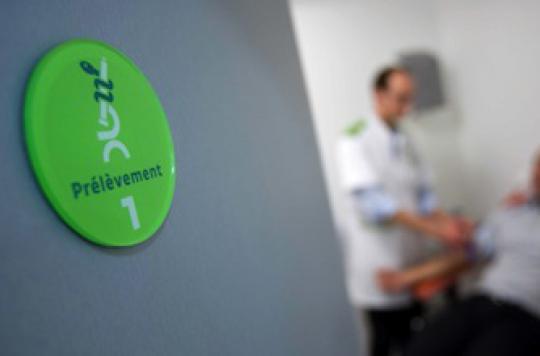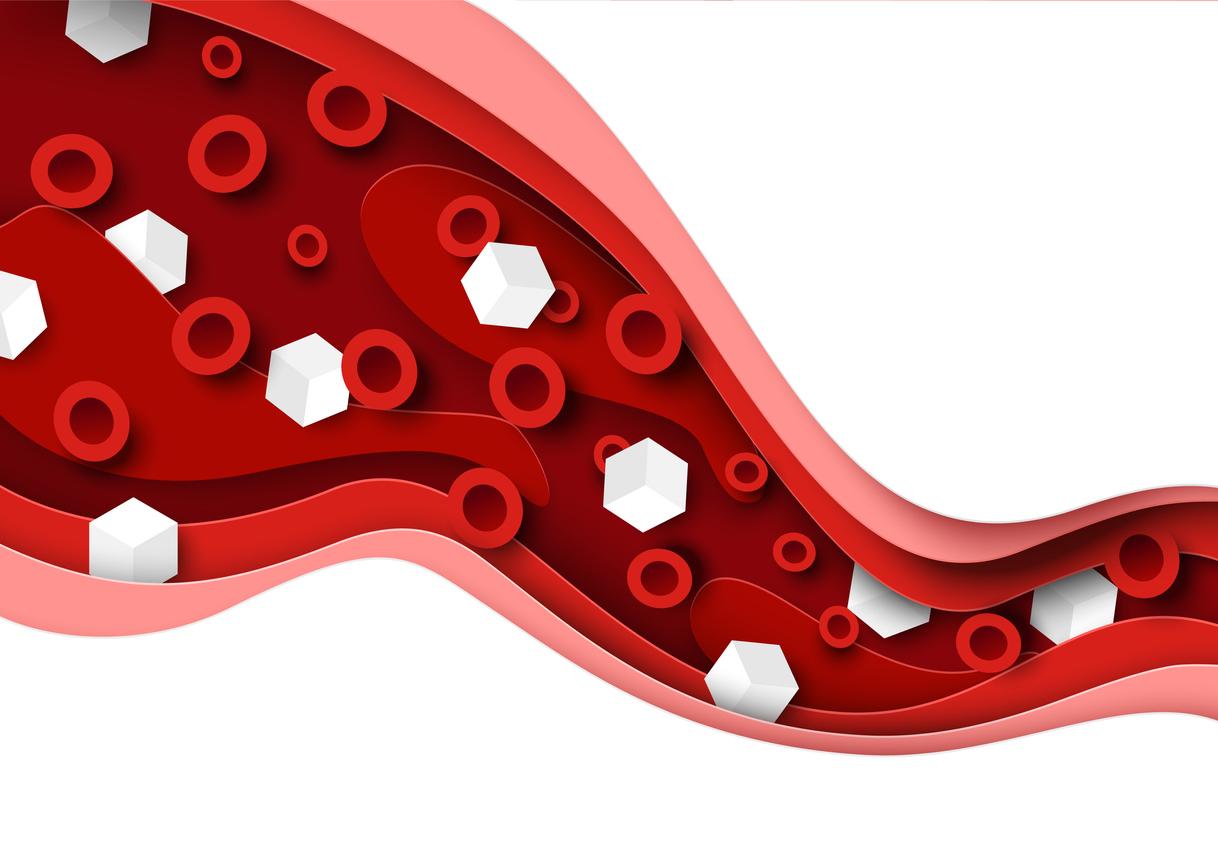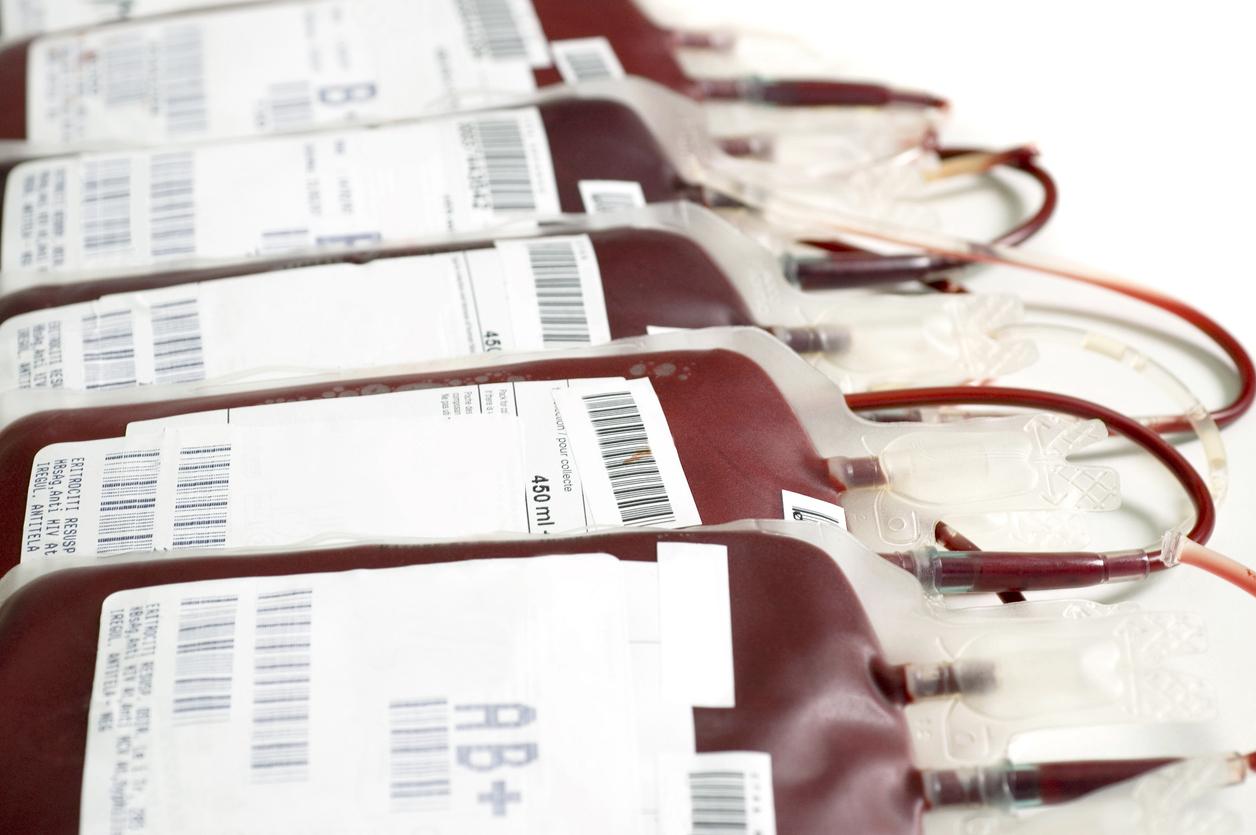For the first time, French researchers have succeeded in demonstrating the presence of infectivity in the blood of patients with Creutzfeldt-Jakob disease.

The fears were there for a long time and are confirmed today. The blood of patients affected by Creutzfeldt-Jakob disease (CJD) carries infectivity. This confirmation of the blood transmissibility of the disease was provided by a team of scientists from INRA (1) and the National Veterinary School of Toulouse. Unpublished results published a few days ago in the newspaper Emerging Infectious Diseases.
Long-standing suspicions
We remember Creutzfeldt-Jakob disease which, several years ago, killed 200 people, including 25 in France. Due to a pathogen, the prion, mad cow disease can be transmitted to humans through food. This neurodegenerative disease indeed exists in several forms. A familial form (of genetic origin), a sporadic form (of unknown origin) and a so-called ‘variant’ form, appeared in 1996 and caused by dietary exposure to the agent responsible for bovine spongiform encephalopathy (BSE or “Mad cow disease”).
Several countries (France, United Kingdom, USA, Japan, etc.) have reported that the use of a growth hormone or meninge transplant, from donors affected or incubating the disease, were responsible for the transmission inter-human CJD. And in Great Britain, in at least four cases of transmission, the responsibility for blood transfusions has been suspected after epidemiological investigations.
High-risk blood transfusions
It is for this last reason that French scientists conducted the survey in collaboration with European partners. They were interested in the potential presence and distribution of the causative agents of CJD (sporadic form and variant) in the blood. To do this, they quantified the levels of infectivity associated with different blood fractions from patients with CJD. Subsequently, they inoculated the brains of model mice with blood fractions of affected patients.
As a result, the blood cells (white and red blood cells) and the plasma obtained from a patient with the variant CJD all appeared to be carriers of infectivity. For sporadic CJD, the presence of infectivity could be detected in the plasma of two of the four cases tested.
The researchers’ conclusion, “these results demonstrate for the first time the presence of infectivity in the blood of patients with CJD. They also confirm the existence of a danger of transmission of these diseases by transfusion or by drugs derived from blood. “
One in 2,000 Britons carry the protein responsible for the disease
Finally, we can already think that this discovery will be talked about on the other side of the Channel. Indeed, according to a study published in October in the British medical journal, the frequency of infection with the prion protein in the British population is higher than imagined. One Briton in 2000 is believed to be a carrier of the abnormal prion protein responsible for neurodegenerative Creutzfeldt-Jakob disease. However, it is impossible to predict how many carriers are at risk of developing the disease.
But to protect against this risk, draconian measures in terms of blood transfusion and transplant donation have been taken in France following the case of contaminated blood. Thus, potential donors having resided for more than two weeks in the United Kingdom between 1986 and 1996 are discarded, and all blood donations collected are processed in such a way as to remove white blood cells.
(1) National Institute of Agricultural Research
.














